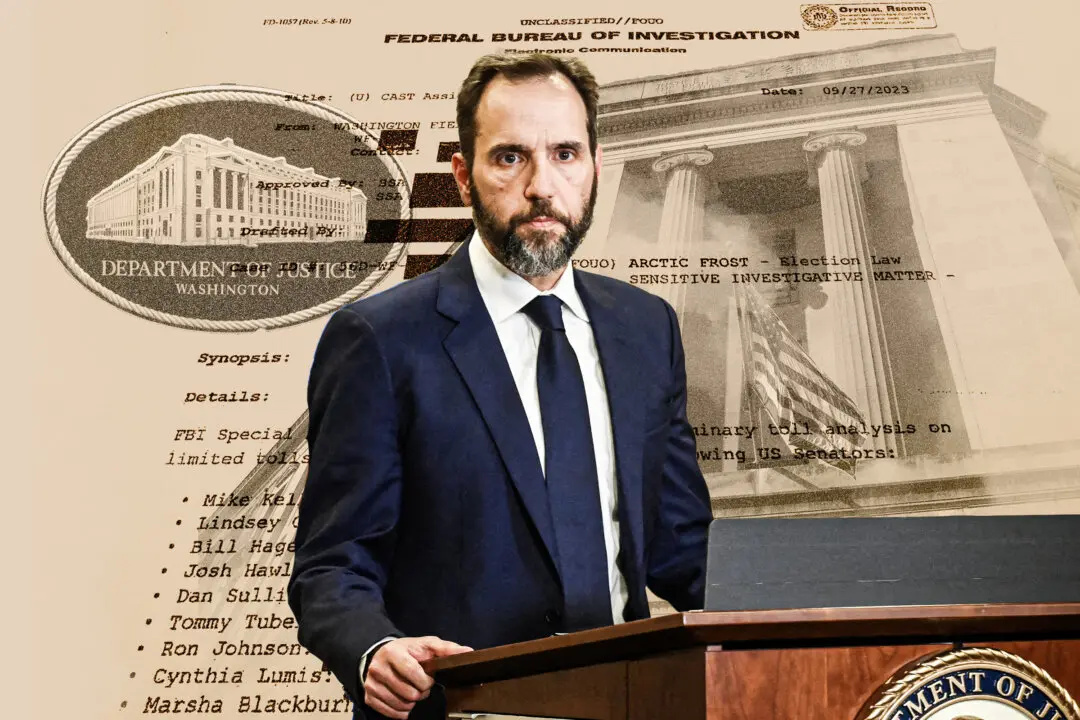President Donald Trump announced he will reduce or stop aid to the Central American countries of Honduras, El Salvador, and Guatemala for their failure to stop their citizens from entering the United States illegally.
“Guatemala, Honduras and El Salvador were not able to do the job of stopping people from leaving their country and coming illegally to the U.S.," he said in an Oct. 22 tweet. “We will now begin cutting off, or substantially reducing, the massive foreign aid routinely given to them.”




